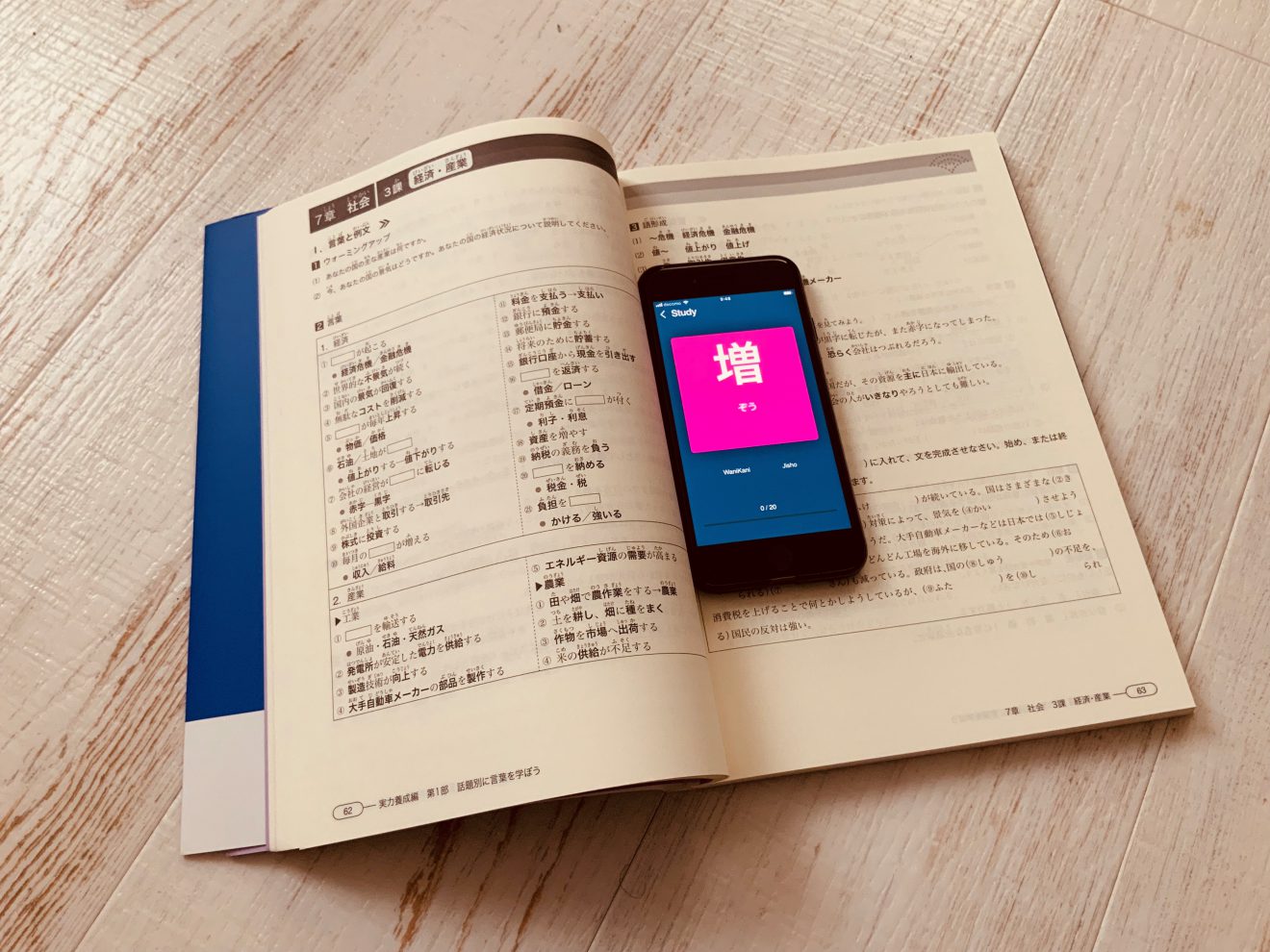


In order to do this, all you need to do is: Again, this is up to you and I don't know the underpinnings of your database design so I can't give a better suggestion than a blind shot in the dark, but addressing this issue would be a huge improvement to studying/SRS for at least myself, since it would prevent me from getting something wrong even though I got the meaning right (and I don't exactly know if WaniKani is the best resource for learning the nuances of a word).If you try WaniKani, you’ll be able to complete the incredibly simple task of learning ~2,000 kanji (both meaning and reading) and 6,000+ Japanese vocabulary words. That matches 末, which is what we were looking for, but other synonymous words include: 終了 and 終わり" or something similar. You could then be able to accept multiple answers, and compare the answer the user provides against this tokenised database and say "hey, you typed 'end'.
#IKANJI VERSUS WANIKANI CODE#
In regards to the separate comment that I posted below, I wanted to give the idea - and I realise I'm not going to backseat code for you, just give an idea - that you could tokenise the definitions given to you by wanikani based on commas, and insert them into a database table (since I'm assuming you cache the WaniKani words on your end to avoid a billion API calls). I didn't realise how much I was lacking in my English->Japanese knowledge of the vocabulary I was learning until I started using it again (huge and amazing site improvements from the last time I used it, amazing job guys).

I wanted to just echo what everyone else is saying here and thank you for creating KaniWani. In addition to KaniWani, for those of you who like a little immersion but don't have the luxury of visiting Japan, there is an extension called WaniKanify which also uses your API key to replace words on every website your visit with the Kanji equivalent (it only replaces words you have unlocked in WaniKani.) Now it isn't perfect, because although the individual words are translated faithfully the grammar is not, so at higher levels I imagine that it will make for a somewhat jarring experience (assuming you are learning Japanese grammar alongside vocab.) After using it for a couple of days it has made me realize how important this really is to reinforce what you learn on WaniKani, with WaniKani you only learn to read and recognize characters, and if that is your ultimate goal it is sufficient, but proficiency in a language means being able to read and recognize as well as write and express, and KaniWani helps you towards this goal. The interface is nearly identical to WaniKani, and you can customize the content to your liking as well. It shows you the English variant of the Vocab words you have learned, and then expects you to input the Hiragana equivalent. KaniWani is, as you might expect, WaniKani in reverse. It is completely free, and extracts your learning data based on your API key. One such example of a great complement is KaniWani. This is quite possibly the single greatest thing about the website, it allows you to get custom tailored content from other websites and apps that fill in for things which WaniKani doesn't provide. For those of you who use WaniKani for Kanji, I'm sure you've encountered the API key that comes with your account.


 0 kommentar(er)
0 kommentar(er)
